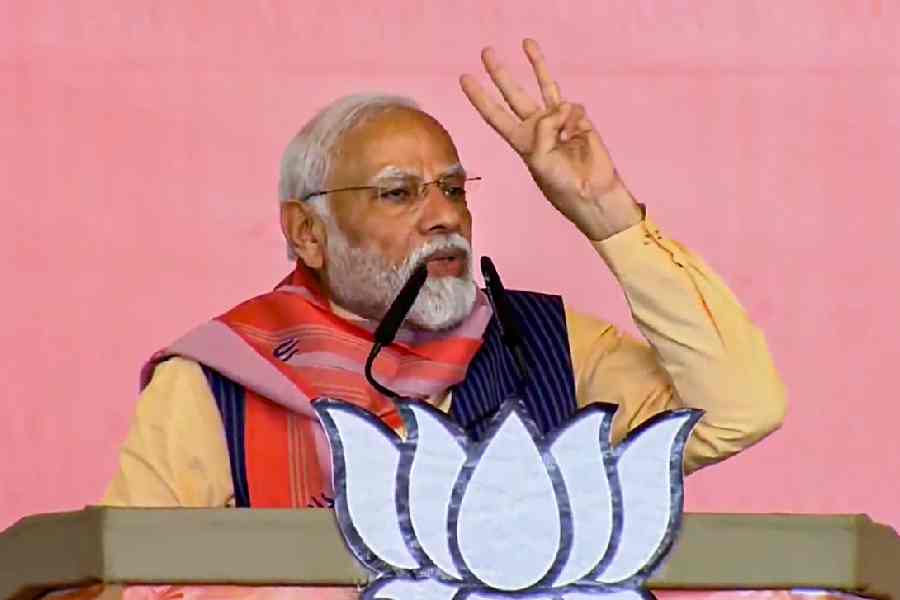As early as 2016, Amit Shah had asserted that India is on the way to becoming vishwaguru under Narendra Modi. The emergence of India as a global guru and the popularity of Modi as a world leader are such overwhelming symbolic themes in the Hindu nationalist discourse that they risk being dismissed as inconsequential propaganda. On the contrary, this has considerable salience. In a recent Pew Research Center survey, 68% of Indians said they believed India’s global influence has become stronger while 54% (and 71% of those with high media exposure) believe that India has emerged as the vishwaguru under Modi (Lokniti-CSDS 2023).
But according to Pew, only a 28% median (19 countries) agree that India’s influence has grown. Contesting the vishwaguru narrative, past Pew surveys show that India had a high favourability rating even before Modi. Regarding Modi, only a 37% median in 12 countries have confidence in him against 40% who don’t. In America, where 51% people favour India, the confidence in Modi is 21%, while in Israel, where 71% favours India, the confidence in him is 41%; 40% of Americans (and 59% in the 18-29 age category) have never heard of Modi (the highest percentage amongst the leaders in a survey that included Zelensky, Macron, Scholz, Netanyahu, Modi, Xi and Putin).
This contradiction and the self-valorisation not only have an impact in deflecting attention from Indian democracy’s main political and development problems but are also significant in that a nation that seeks to lead the world, especially morally and spiritually, is oblivious or hostile to the international discourse.
Two examples — there are many — are illustrative.
There has been global concern and condemnation among academics, the media and human rights organisations regarding India’s democratic erosion and the fusing of the State with religious majoritarianism. In an analysis (with my co-researcher, Drew MacEachern) of foreign media responses, we found these concerns to be geographically widespread and politically diverse.
We further subjected four media outlets — Time magazine, The New York Times, Financial Times, and Nikkei Asia — to an in-depth analysis. Instead of a biased coverage against India as alleged by Hindu nationalists, the overwhelming criticisms were about democratic backsliding, autocratising tendencies and religious majoritarianism. Significantly, even when there were misgivings about Hindu majoritarianism, some of these publications and their columnists were willing to
back Modi and his market-oriented development agenda. The coverage became negative only when the development agenda was dominated by a divisive Hindu nationalism.
The foreign media’s coverage of Covid-19 in India was critical about State policy and actions. Presumption of exceptionalism, national greatness, arrogance and narcissism were some of the words used in the criticism against the early declaration of victory against the coronavirus. India’s deaths (one of the highest shares of the world total with studies, including some from India, putting them at eight to ten times of the official toll) also became a matter of discussion overseas.
The government’s and the ruling party’s responses were scathing and termed these as a deliberate attempt to tarnish India’s image. The drastic difference between foreign and domestic assessment is evident in an India Today poll that found the handling of
Covid-19 being considered as the top government achievement even though it was India’s worst public health tragedy.
The vishwaguru narrative’s dismissal of foreign critical opinion and expertise reveals ignorance and wilful insularity. This is where the vishwaguru project, despite its potential to challenge the Western-dominated international order, risks being reduced to one meant for targeted domestic consumption.
Nissim Mannathukkaren is Professor, International Development Studies, Dalhousie University, Canada. Some of the arguments here are elaborated in the Third World Quarterly










